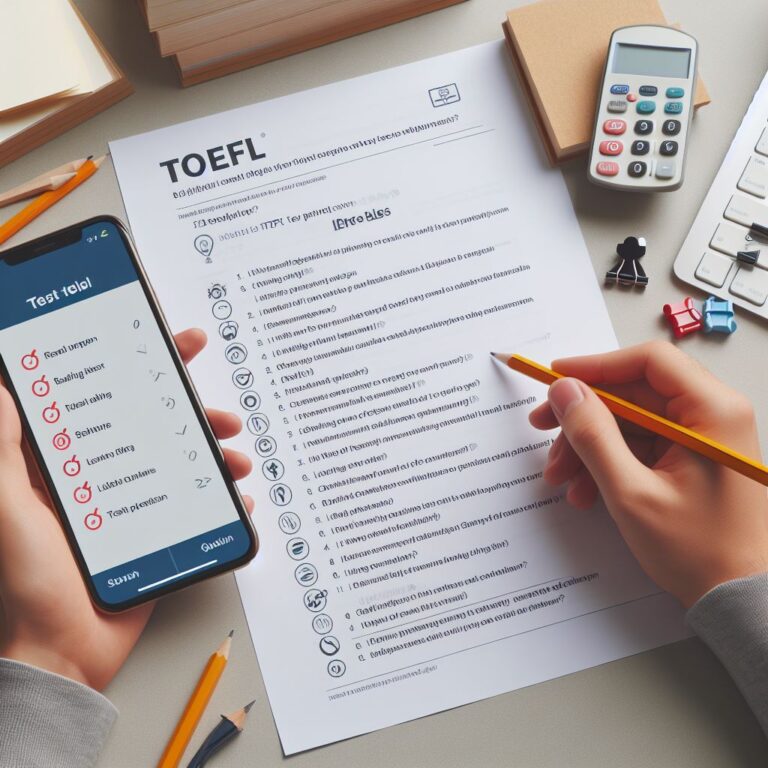How to Learn TOEFL Vocabulary in a Few Months: 5 Essential Tips
What you will find in this guide:
Introduction
The TOEFL exam is a critical step in your English language learning journey. A strong vocabulary is essential for achieving a high score. Here are five smart tips to boost your TOEFL vocabulary in just a few months.

1. Utilize Language Learning Apps
In the era of digital learning, language learning apps have emerged as a powerful tool for vocabulary improvement. Apps like Anki, Quizlet, and Magoosh offer specialized TOEFL preparation flashcards that help you learn and review words. These apps use a technique called spaced repetition, which is a learning technique that involves increasing intervals of time between subsequent review of previously learned material to exploit the psychological spacing effect. This ensures you review words at the optimal frequency to move them from your short-term to long-term memory, thereby enhancing your recall ability.
2. Hire a TOEFL Tutor
A TOEFL tutor can provide personalized guidance and resources tailored to your learning style and goals. They can help you understand the test structure, develop exam strategies, and provide feedback on your speaking and writing skills. Most importantly, they can help you learn and use new vocabulary in context, which is crucial for reading comprehension and listening skills. A tutor can provide you with a list of commonly used words in the TOEFL exam, help you understand their meanings, and guide you on how to use them in sentences. They can also provide exercises and activities that allow you to practice using these words, thereby enhancing your understanding and recall.

3. Implement Active Recall Techniques
Instead of traditional memorization techniques, consider implementing active recall techniques. Active recall involves actively stimulating memory during the learning process. It’s achieved by regularly testing your memory. After learning a new word, instead of just repeating it several times, test yourself by recalling the word and its meaning. This method has been proven to create stronger neuron connections for that memory trace. And because you’re actively recalling the information, active recall helps you retain information better than passive review.
4. Organize Vocabulary into Categories
Grouping words into categories based on their meaning, theme, or function can help you remember them better. For example, you can have categories like “Environment,” “Education,” “Health,” and “Technology.” This not only helps in memorizing words but also in using them appropriately in different contexts. By categorizing, you’re creating ‘bins’ in your brain where related words are stored together. When one word is triggered in a conversation or a test, it’s likely to trigger the memory of other words in the same category.
5. Practice Time Management and Schedule Optimization
Consistency is key in language learning. Set aside specific time slots each day for vocabulary learning. Use schedule optimization techniques to identify when you are most alert and receptive to learning. Regular, focused study sessions are more effective than sporadic, lengthy ones. By managing your time effectively, you can ensure that you’re dedicating sufficient time to vocabulary learning. This consistent exposure to new words will accelerate your vocabulary acquisition rate.
Remember, improving your vocabulary is not just about memorizing words. It’s about being able to use them correctly and confidently in context. So, as part of your TOEFL preparation, practice using new words in your speaking and writing. Read widely and listen to English language resources to see how words are used in context. With these tips, you’ll be well on your way to acing the TOEFL exam. Good luck with your studies!
FAQ
Language learning apps offer specialized TOEFL preparation flashcards and use spaced repetition techniques to help you learn and review words effectively.
A TOEFL tutor provides personalized guidance, helps you understand the test structure, develop exam strategies, and learn and use new vocabulary in context.
Setting aside specific time slots each day for vocabulary learning and identifying when you are most alert and receptive to learning can make your study sessions more effective.






